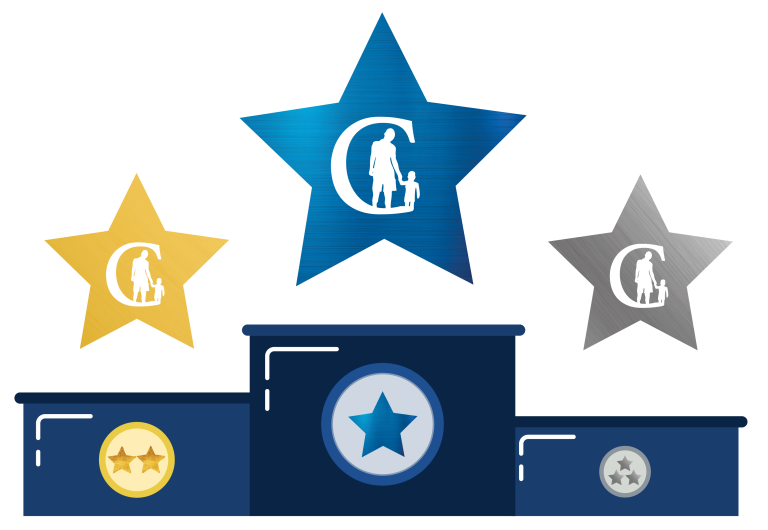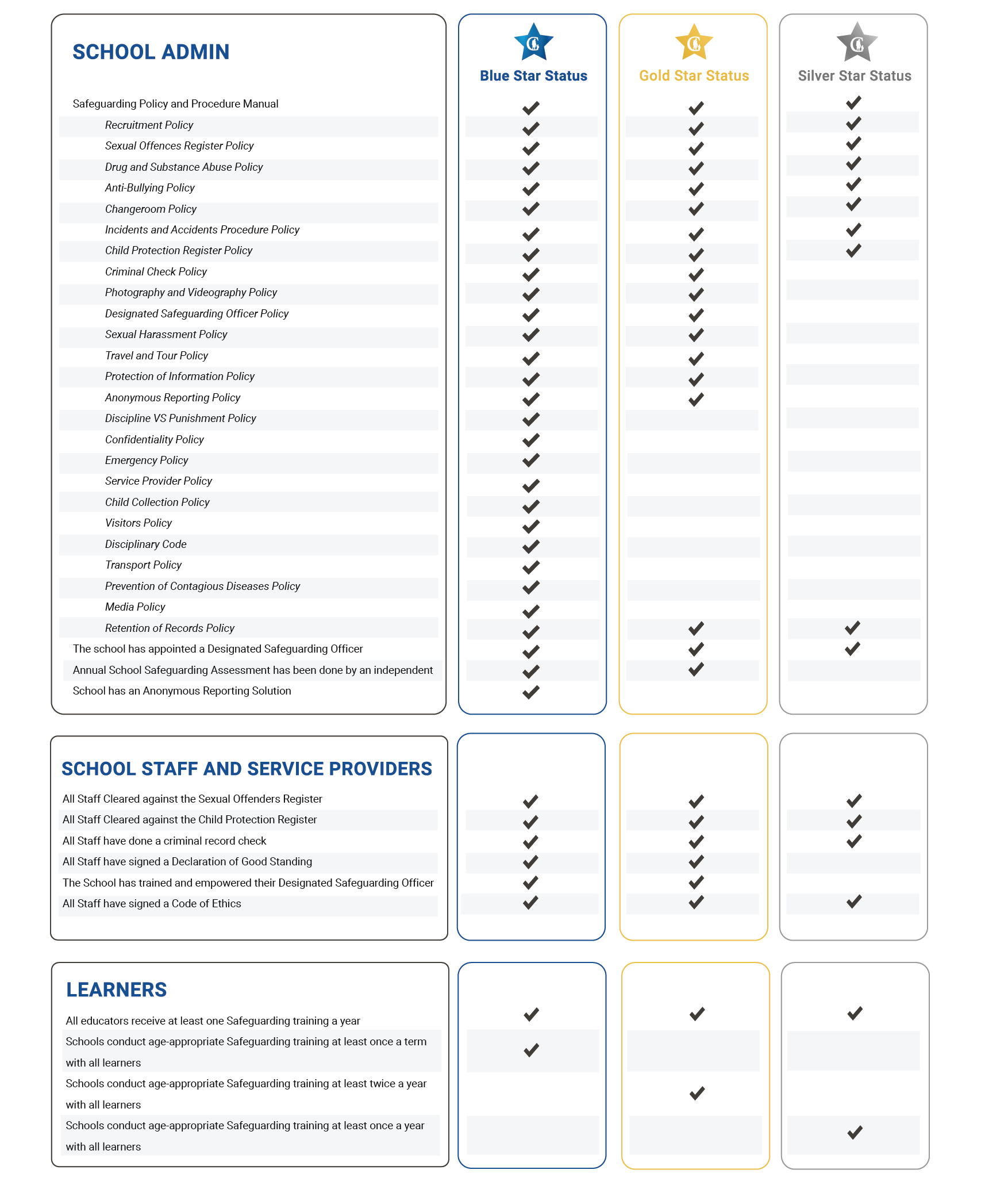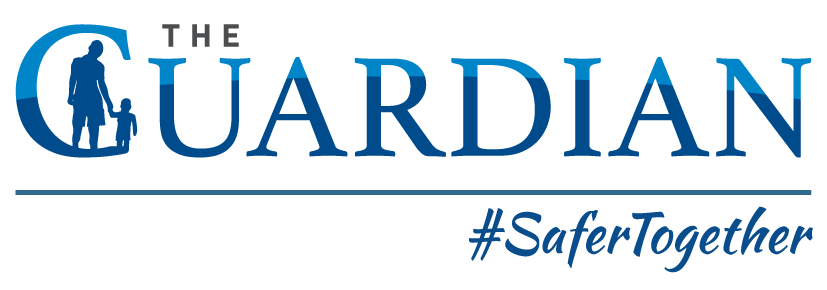Blue Star Status
Over the last few years, there has been an increased focus, both in South Africa and internationally, on what is referred to as “Duty of Care”. Historically, the biggest question that has been asked was, “has everything been done to ensure that the abused child has been dealt with correctly, and has the perpetrator been brought to book?”. The question that The Guardian is asking, which seems to be more and more the question that should be asked is, “what was done to prevent the abuse from happening in the first place?”. It is in this space that the very question around “Duty of Care” comes into play. That is not to say that there isn’t value in bringing a perpetrator to book and assisting the children that may have been hurt by this person, but the question is, “what could have been done to prevent this person from accessing the child in the first place?” or “what structures could have been put in place to mitigate the abuse.”
South Africa’s reactive legislation is quite strong, and our Constitution is arguably one of the best in the world, but when it comes to Proactive Legislation around the safeguarding of vulnerable persons (specifically children), South Africa, are sorely missing the mark.
As The Guardian, we are speaking to our clients (Schools, Sports Federations, and Organisations that engage with children like churches, etc.), about best international safeguarding practice, which will ensure that their school, and the environment, meet the best “First World Proactive Solutions” available. There is almost no legislation driving this, but it must happen. If children are going to be safer, then schools need to partner with The Guardian, so they can be assisted to develop their Safeguarding Policies that drive these Proactive Practices.
Schools often see this as a grudge purchase, almost like an insurance.
However, all organisations that safeguard children, specifically schools, should strive to achieve the best proactive safeguarding available. Parents should be asking the questions of the schools that their children attend, to ensure that they have achieved Blue Star Status or at the very least have a plan to get there.
As South Africans, some of our frustrations include things like our electricity, our roads and our health care, because they are managed reactively. We fix it when it breaks. When it comes to our children, that CANNOT be our game plan. Reactively addressing abuse must be second to proactively mitigating it from happening in the first place.
Countries with strong proactive safeguarding legislation have lower crimes against children. We have some of the highest statistics in the world. Surely it makes sense, even if the legislation hasn’t caught up, to ensure that your child’s school has addressed this through their rules, their safeguarding policies.
Is your child’s school, sports club, church etc. focused on Proactive Safeguarding?
DO THEY HAVE A BLUE STAR STATUS?

Is your school Blue Star Status?

